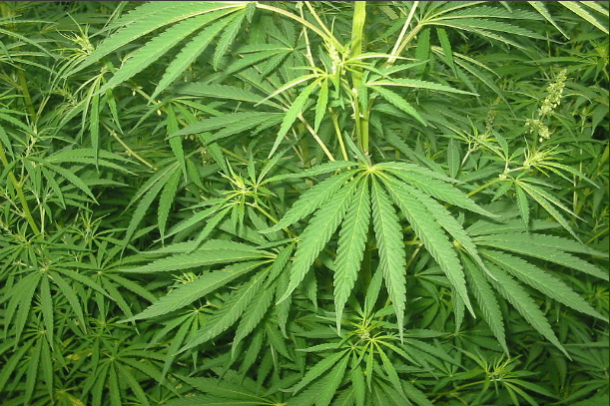With various countries and American states on the path to the legalisation of marijuana – both medical and not – questions surrounding its effects on our health are as relevant as ever. Some debate its potential medicinal benefits and its low risks in terms of overdosing make it a ‘safe drug’ that should be legally accessible. On the other hand, some worry about the message of allowing drug use and the health dangers we may not be aware of yet. But the issue of legalisation is complex and must take many more factors into consideration.
Dr. Wayne Hall is the director of the Centre for Youth Substance Abuse Research at the University of Queensland, as well as an adviser to the World Health Organization. He has extensively studied issues relating to drug use, mental health, addiction, and ethics. Here he discusses the effects of cannabis, its changing risk perception, and potential medicinal benefits.
What are the long-term effects of marijuana on the brain?
Dr. Wayne Hall: We really haven’t had large numbers of studies looking at the long-term effects of regular use. There’s a few now that have followed up people for about 25-30 years suggesting that if people begin using in their middle teens and continue to use daily, their intellectual cognitive functioning might be impaired. Some neuro-imaging studies suggest that heavy sustained use does produce changes in brain function and structure. That would explain why people who have used heavily for long periods of time are not quite as mentally sharp as their peers. But we’re talking about daily use over decades rather than people using during their early twenties and then stopping. The complication is that people who get involved into that sort of pattern of cannabis use can continue to use daily over twenty odd years.
Do you think that is linked to the rising potency of marijuana? THC (responsible for most of marijuana’s psychological effects) levels in the drug are rising, while cannabidiol (a non-psychoactive, therapeutic compound) is decreasing.
Most of the studies have been on people who were smoking twenty years ago. They would have probably been using less potent cannabis than the one that’s around at the moment. It’s entirely possible that the more potent forms of cannabis, particularly if they don’t have cannabidiol, might be more likely to produce adverse effects.
Can you account for the decreased risk perception of cannabis , especially amongst young people, when its potency is actually rising?
Part of the problem is it’s a drug that has really divided people’s views across generations. There has been a temptation in the past on the part of governments to exaggerate health risks, which is part of the reason why there’s a fair amount of skepticism amongst young people who think there are no real risks. It’s certainly not a drug like heroin or cocaine, where people can get into serious trouble quickly and can in fact die. People don’t die of cannabis overdoses in the way they can from heroin or other opiates. It’s not as risky from that point of view. Its effects are much more subtle, so leading people to imagine that there are no health risks. I think the challenge will be, particularly in those places that are legalising it, finding credible ways to communicate the risks to young people.
I think the risk that’s underplayed is the risk of dependence. People get stuck with cannabis use. They may use daily for a decade or more without being too concerned about it, then get into their early thirties and decide that they’d like to stop and find that very difficult. If people have the perception that there’s no real risk of dependence and no downside to using this drug, it’s not surprising that they get involved in heavy use without seeing it as a problem.
Do you think issues like dependence or rising potency could be better managed if marijuana was legal?
In a sense if the drug is legal you can at least regulate it, regulate the potency and the contents. In principle legalisation helps you to control or regulate the characteristics of the drug. At the moment the U.S. states that have chosen to legalise are not doing much in the way of regulation at all, and so there’s been no restrictions on potency. One would hope that, over time, governments decide to either restrict the potency of products that can be sold or do what we do with alcohol, with cannabis being taxed on the basis of how potent it is.
What is your opinion on the medical uses of marijuana, and do you think the risks associated with it outweigh its potential benefits?
There’s evidence of potential therapeutic value in THC and cannabidiol. The preference in using the drug medicinally would be to use purer forms of it so that people get certified, precise doses. It depends critically on what people are using it for – if people are using THC or cannabidiol for short-term purposes (eg. to control pain after surgery or to deal with nausea and vomiting produced by the treatment of cancer) the risks of long-term use don’t really arise. These risks are more pertinent if people are using daily over long periods of time (eg. as a treatment for multiple sclerosis or chronic pain). But even then, the relief that’s provided may be enough for people to accept the trade-off of long-term adverse effects. That’s what we do with opiates; we give opiates to people with chronic pain knowing that this produces dependence, and that for people with severe pain it’s a trade-off they’re prepared to accept. It could well be the same with cannabis, but I think we need a lot more information. One of the advantages with the decision to legalise is it makes it a lot easier to do the necessary research.



